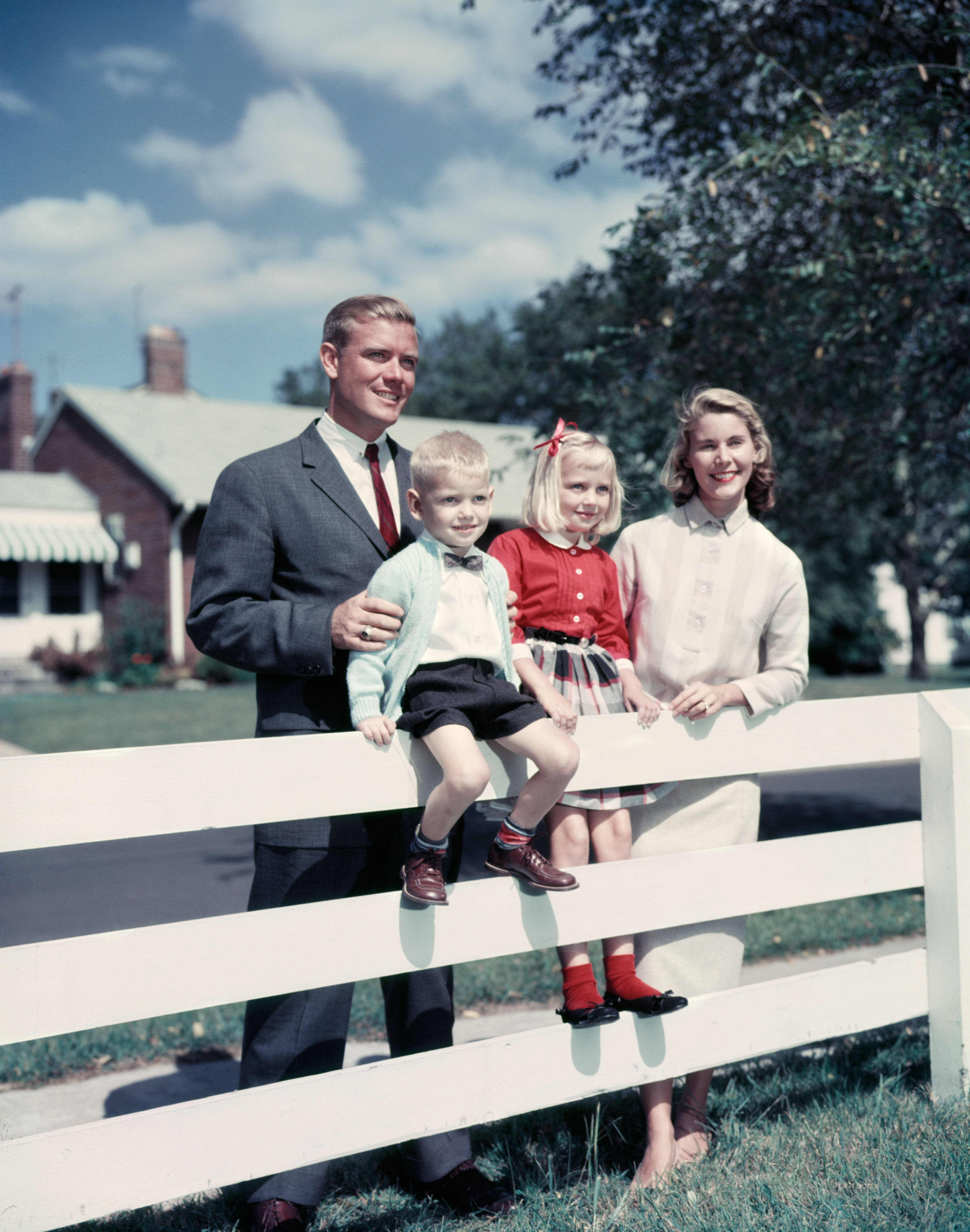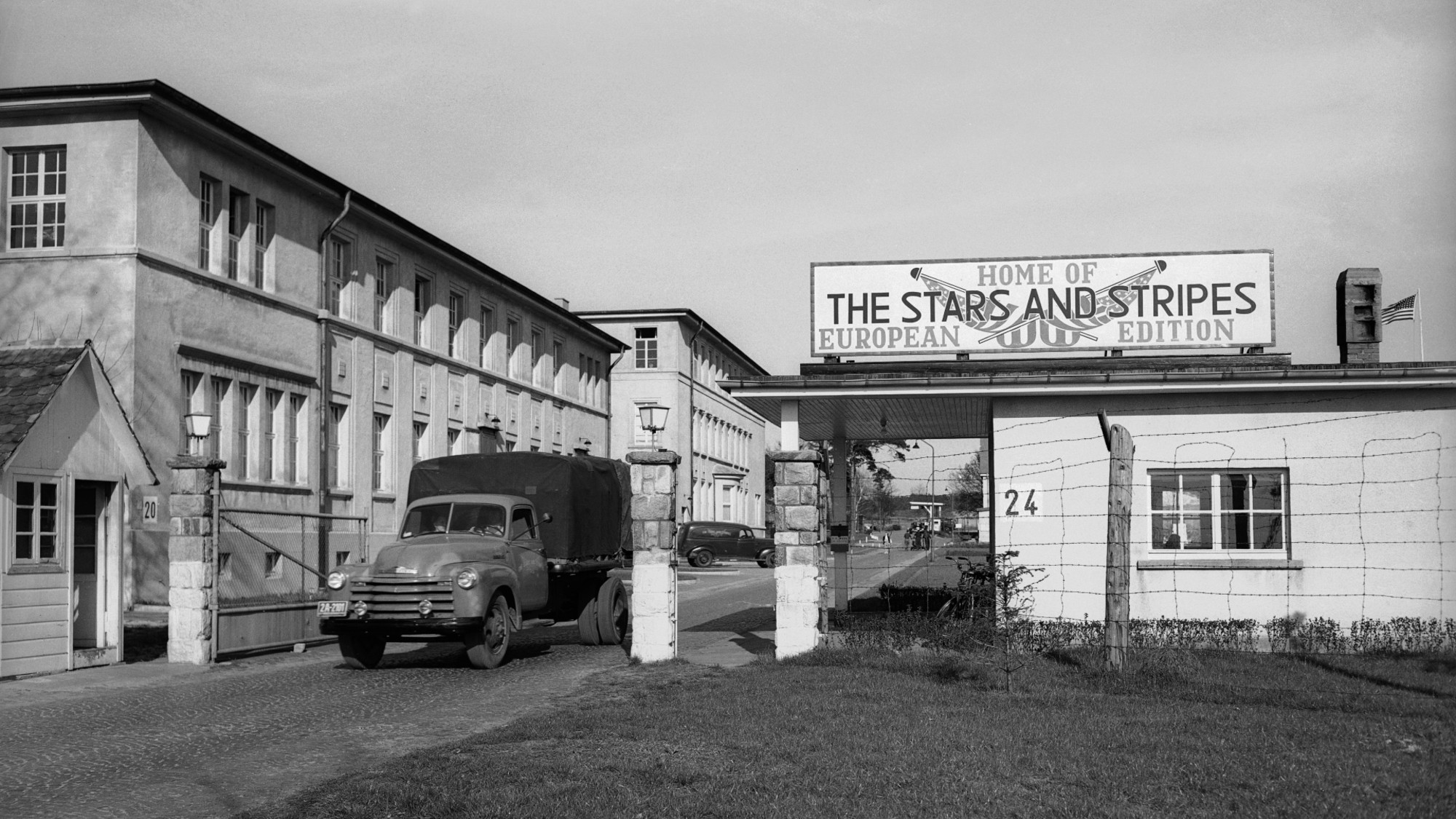Comfortable suburbanites will not save the Democratic Party
Time to quit coddling the upper middle class


The Democratic Party just can't quit the upper middle class. As Thomas Frank writes, it has become in large part a party by and for comfortable white-collar professionals, seasoned with just a little bit of heavily means-tested welfare programs so as to assuage liberal guilt. Thus, former Hillary Clinton adviser Jesse Ferguson writes at Politico, Democrats should pursue Romney voters — that is, comfortable suburban professionals, mostly white, who are supposedly appalled by President Trump's antics — to win elections in the future.
This is a crock.
Democrats don't need to abandon the upper middle class, but they must start aiming their politics squarely at the working class. Fortunately, all but the very rich would benefit — but to get there, Democrats must ditch the upper middle class' shibboleths.
The Week
Escape your echo chamber. Get the facts behind the news, plus analysis from multiple perspectives.

Sign up for The Week's Free Newsletters
From our morning news briefing to a weekly Good News Newsletter, get the best of The Week delivered directly to your inbox.
From our morning news briefing to a weekly Good News Newsletter, get the best of The Week delivered directly to your inbox.
First and most importantly, a strong egalitarian agenda is an urgent moral necessity. The last several decades of neoliberal deregulation and austerity have been, in retrospect, a huge disaster. The United States has shamefully high poverty, large racial and gender inequality, a huge monopoly problem, virtually no parenthood assistance, and wretchedly low-quality infrastructure. A comprehensive policy agenda to tackle these problems is decades overdue. It's long since time we broke up monopolist businesses, attacked social inequalities, invested in reasonably priced infrastructure, and completed the welfare state, so it provides health care, education through college, a basic standard of living, and paid leave to all.
What that means, first and foremost, is a massive increase in taxes and spending. But what does the upper middle class hate when it comes to budget policy? You guessed it. The upper class is made up of mostly natural austerians who are entranced by the boneheaded analogy between a sovereign government's finances and a household bank account and prize pointless deficit reduction above jobs. In Ferguson's words, they're "fiscally responsible."
Pitching one's campaign at anxious white suburbanites with catastrophically mistaken notions about government financing rules out actually fixing most of the crises facing the country. It means running on fiddly little tax credits and pointlessly means-tested small-bore programs, just like Hillary Clinton did.
A real working-class program would be more politically popular than complicated, means-tested programs like ObamaCare. Now, one should not overthink such things. In an age when polls are notoriously unreliable and opinion is shifting rapidly, politicians and advocates would be wise to simply advocate for a strong, defensible agenda rather than try to stay ahead of the opinion curve and "play it safe." Indeed, in such uncertain times people may be attracted to confident leadership as such — witness Jeremy Corbyn, whose Labour Party has closed almost all of a 24-point polling gap in the U.K. in just a few weeks through a bold anti-austerity manifesto and a barnstorming campaign.
A free daily email with the biggest news stories of the day – and the best features from TheWeek.com
Nevertheless, one can't avoid at least some tactical considerations. The bizarre thing about arguments like Ferguson's is that Clinton just ran exactly the sort of campaign he is advocating for, and lost. It's true that the election was close, and shifting a few tens of thousands of votes in a few key states would have tipped it to her. Without the Comey letter, she might plausibly be president today.
But then again, the fact that it was close at all against literally the most unpopular opponent in the history of presidential polling does not bode well for the fundamental appeal of this sort of politics. It should have been a 10-point blowout against a candidate as horrendous as Trump, but instead it was a nail-biter, in part because working-class people of all races and young people were so unenthusiastic about her candidacy and her message. As famed Democratic pollster Stan Greenberg argues, Democrats have a working-class problem — of all races, not just whites.
This brings me back to the upper middle class. While Bernie Sanders did run on a program of higher taxes and soaking the rich, as Tom Edsall notes, he would also distribute benefits to everyone, both to simplify administration and to solidify their political support. So while the upper middle class would be paying much more in taxes, they'd also be receiving huge benefits — particularly in the form of zeroed out health insurance premiums. Given how bad inequality is, only the top 5-10 percent would be net losers in terms of take-home money, and even they would still have the psychological benefit of having guaranteed health insurance, paid leave, and so on, no matter what bad luck they run into.
I believe this would be a gigantic relief even for comfortable suburbanites with good jobs. But to get there, the Democrats must return to their working-class roots.
Ryan Cooper is a national correspondent at TheWeek.com. His work has appeared in the Washington Monthly, The New Republic, and the Washington Post.
-
 Why is the Pentagon taking over the military’s independent newspaper?
Why is the Pentagon taking over the military’s independent newspaper?Today’s Big Question Stars and Stripes is published by the Defense Department but is editorially independent
-
 How Mars influences Earth’s climate
How Mars influences Earth’s climateThe explainer A pull in the right direction
-
 ‘The science is clear’
‘The science is clear’Instant Opinion Opinion, comment and editorials of the day
-
 The billionaires’ wealth tax: a catastrophe for California?
The billionaires’ wealth tax: a catastrophe for California?Talking Point Peter Thiel and Larry Page preparing to change state residency
-
 Bari Weiss’ ‘60 Minutes’ scandal is about more than one report
Bari Weiss’ ‘60 Minutes’ scandal is about more than one reportIN THE SPOTLIGHT By blocking an approved segment on a controversial prison holding US deportees in El Salvador, the editor-in-chief of CBS News has become the main story
-
 Has Zohran Mamdani shown the Democrats how to win again?
Has Zohran Mamdani shown the Democrats how to win again?Today’s Big Question New York City mayoral election touted as victory for left-wing populists but moderate centrist wins elsewhere present more complex path for Democratic Party
-
 Millions turn out for anti-Trump ‘No Kings’ rallies
Millions turn out for anti-Trump ‘No Kings’ ralliesSpeed Read An estimated 7 million people participated, 2 million more than at the first ‘No Kings’ protest in June
-
 Ghislaine Maxwell: angling for a Trump pardon
Ghislaine Maxwell: angling for a Trump pardonTalking Point Convicted sex trafficker's testimony could shed new light on president's links to Jeffrey Epstein
-
 The last words and final moments of 40 presidents
The last words and final moments of 40 presidentsThe Explainer Some are eloquent quotes worthy of the holders of the highest office in the nation, and others... aren't
-
 The JFK files: the truth at last?
The JFK files: the truth at last?In The Spotlight More than 64,000 previously classified documents relating the 1963 assassination of John F. Kennedy have been released by the Trump administration
-
 'Seriously, not literally': how should the world take Donald Trump?
'Seriously, not literally': how should the world take Donald Trump?Today's big question White House rhetoric and reality look likely to become increasingly blurred
